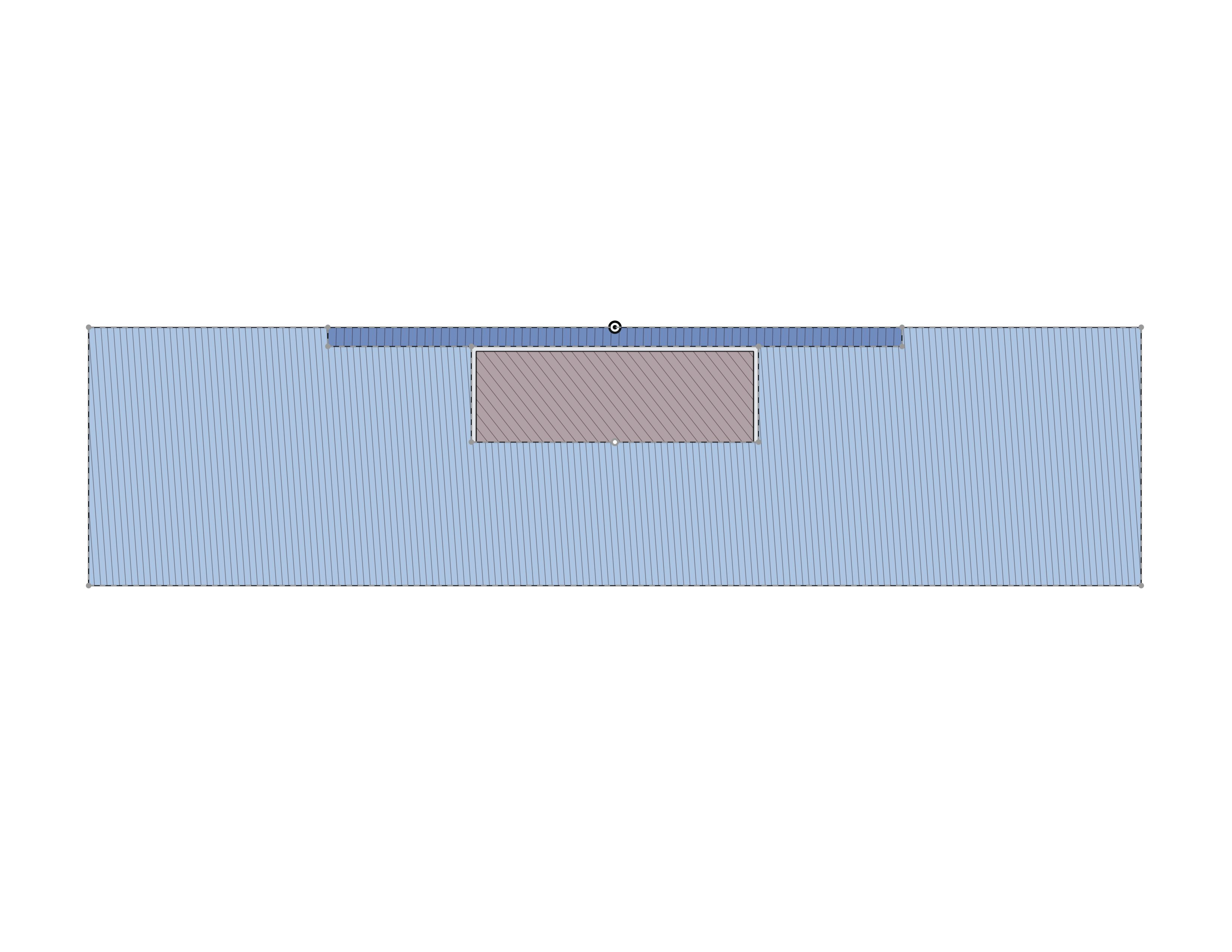view the rest of the comments
3DPrinting
3DPrinting is a place where makers of all skill levels and walks of life can learn about and discuss 3D printing and development of 3D printed parts and devices.
The r/functionalprint community is now located at: or !functionalprint@fedia.io
There are CAD communities available at: !cad@lemmy.world or !freecad@lemmy.ml
Rules
-
No bigotry - including racism, sexism, ableism, homophobia, transphobia, or xenophobia. Code of Conduct.
-
Be respectful, especially when disagreeing. Everyone should feel welcome here.
-
No porn (NSFW prints are acceptable but must be marked NSFW)
-
No Ads / Spamming / Guerrilla Marketing
-
Do not create links to reddit
-
If you see an issue please flag it
-
No guns
-
No injury gore posts
If you need an easy way to host pictures, https://catbox.moe may be an option. Be ethical about what you post and donate if you are able or use this a lot. It is just an individual hosting content, not a company. The image embedding syntax for Lemmy is 
Moderation policy: Light, mostly invisible
Yeah I thought of pausing the print to slip the magnets in before letting the printer seal the holes.
The problem is, it's a long print and the magnets are located at different heights. So it would stop 4 times and I'd have to watch it to come insert the magnets and hit the resume button. I'd rather be doing something else 🙂
You can use a slicer feature which will pause at some specific layer, if you have a dedicated app on your phone, it will notify you that printer has been paused.
Unfortunately that's not an option: the printer isn't mine - it's my employer's - it's 15 miles away and it's not on the network anyway. It's a Prusa Mk4 and it doesn't have the wifi module.
Typically I start a big print before leaving work and it's ready when I come back the next morning, so I don't annoy my coworkers using the printer for actual work during the day.
You could also print 2 layer circles/rectangles to cap the hole. Then melt/glue/weld the edges. Could use a soldering iron, hot knife, any glue or the 3dpen to do that and I would think it would give you a more consistent surface than the pen alone (and may not requite it at all). Worth trying at least.
Might even be worth creating a stepped hole to give better gluing surface like:
I thought of doing something similar, but dovetailing the edge of the hole and making the plug slightly thicker so I could actually hammer it in - possibly cold - and make the material flow into the dovetail. Exactly like metal inlays. This would mechanically lock the plug in place.
Unfortunately, the walls around the magnets are really thin, so any hammering or applying heat beyond what a printer would apply laying filament on them is likely to deform / destroy them.
Or just glue it in... The glue is likely to be stronger then the thin layers of the 3d printed plug so you won't get much from a mechanical interlock. And then there is no pressure or risk of deforming anything.